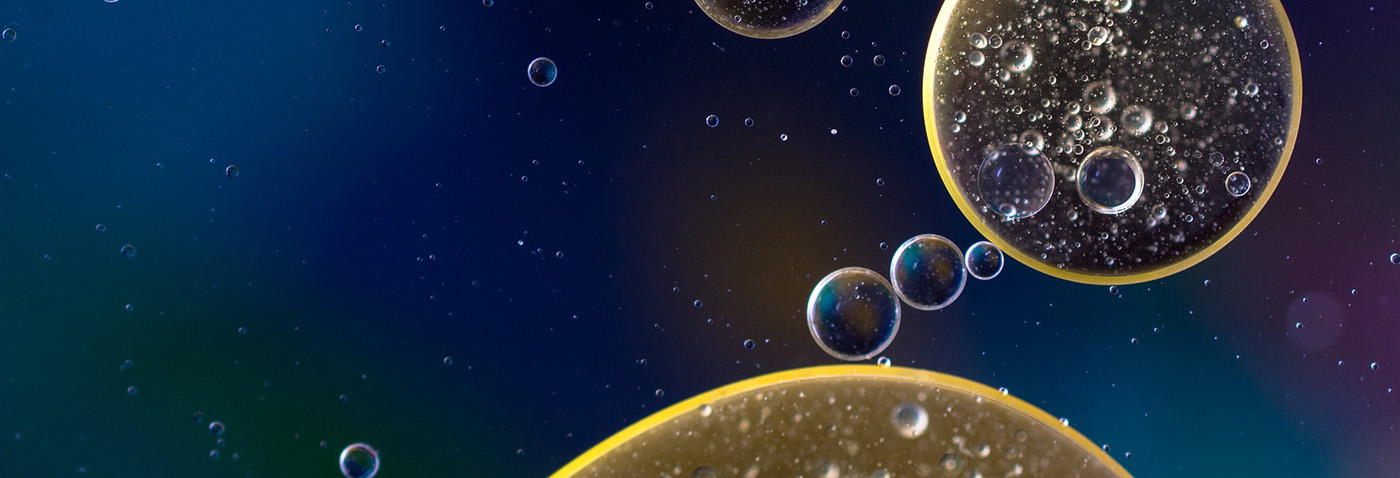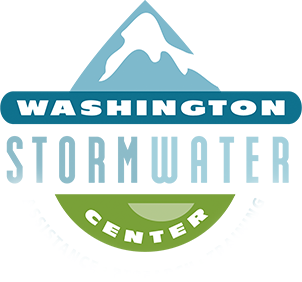
Frequently Asked Questions
Why do leaks matter?
- When your car leaks oil and other fluids, it is often a sign of a larger problem. If you ignore oil leaks, they can lead to major engine damage and a more expensive repair bill.
- Oil and other vehicle fluids from cars are toxic. Fix your leak so that vehicle fluids don’t end up in puddles where kids and pets like to play!
- Fixing vehicle leaks is good for the environment. Vehicles drip an estimated 7 million quarts of motor oil into the Puget Sound watershed each year. Oil and other petroleum products can harm wildlife and habitat. When it rains, stormwater runoff carries petroleum products to rivers, streams, lakes, and Puget Sound.
What if I forget my coupon when I go to a participating repair shop?
The repair shops participating in this program will have a supply of coupons on-hand that you can use if you forget yours. If you forget your coupon, just mention the campaign to a participating repair shop, and they will honor the campaign offer of a free visual leak inspection and 10% off leak repairs (up to $50 value).
Who is behind the Don’t Drip & Drive campaign?
The Don’t Drip and Drive campaign is funded by a grant from the Washington State Department of Ecology and contributing partner repair shops. The campaign is organized by a steering committee and supported by local jurisdictions, state agencies, and non-profit organizations working together to protect Puget Sound.
How were repair shops selected to participate in Don’t Drip & Drive?
Any repair shop in the Puget Sound region (the 12 counties that touch Puget Sound) was given the opportunity to sign up to participate. Most participating shops are ASA, AAA, or EnviroStars members and ASE certified.
- ASA (Automotive Services Association) is an association of automotive shop owners who work to maintain the highest level of professionalism as their shops grow and change as new technology is introduced. Their member shops adhere to a code of ethics to ensure quality service to the customer.
- AAA (Automotive Association of America) shops must meet strict requirements and offer a full range of services. These shops follow business and financial practices that support their long-term viability and maintain customer satisfaction ratings of 90% or better.
- ASE (National Institute for Automotive Service Excellence) is an independent, non-profit organization, which has worked to improve the quality of vehicle repair and service by testing and certifying repair and service professionals. More than 325,000 professionals across the U.S. choose to show their knowledge by earning ASE certification.
- EnviroStars provides assistance and incentives to small businesses to reduce hazardous materials and waste in order to protect public health, municipal systems, and the environment. EnviroStars is an objective third-party certification, which includes businesses that have been assessed by local governments and reviewed by the Washington State Department of Ecology.
How much do leak repairs cost?
Car leak repairs can range from $50 to several thousands of dollars, depending on the location and type of leak. The most common type of leak is a leaking valve cover gasket and this is generally an inexpensive fix. More expensive leak repairs are deep within the car’s engine and require significant labor hours.
Isn’t there a law that prohibits leaks, since this is a form of pollution like tailpipe emissions?
While there are such laws in some European countries, there is no such law in Washington State. Many cities and counties do use street sweepers and cleaners to try to clean up our roadways. The idea behind the Don’t Drip and Drive campaign is to promote voluntary leak repairs by car owners.
What causes oil leaks?
Oil leaks can come from many different places on a car. Examples of causes include:
- The oil Filter wearing out.
- Oil drain plug wearing out (worn out threads) or being loose.
- Missing, loose, or broken oil filler cap.
- Valve gasket seal failure. The gasket is the seal between the engine block and the oil pan and it can degrade over time due to heat and the build-up of sludge.
- Physical damage to the oil pan due to running over a rock or debris.
- Crankcase is overfilled.
Do new cars leak?
Surprisingly, yes, new cars leak. The Don’t Drip and Drive program has tested thousands of cars in the Puget Sound region. We have found that about 10% of cars have leaks that are large enough to drip on the ground. These leaks were found in new and old cars.


